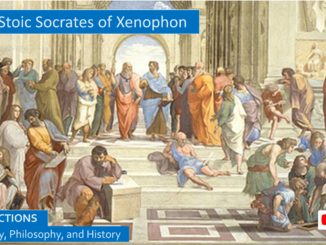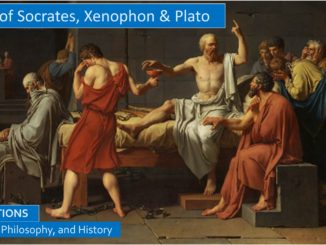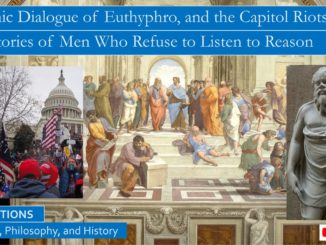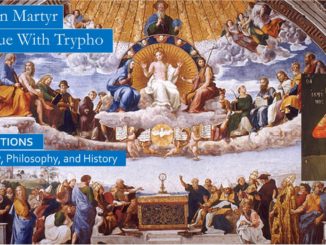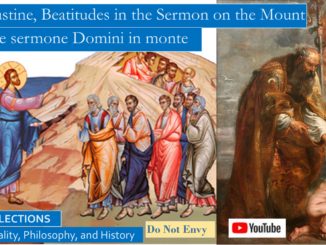
St Isaiah the Solitary on Guarding the Intellect
St Isaiah the Solitary “On Guarding the Intellect” gives us this advice, “If you find yourself hating your fellow man and resist the hatred, and you see that it grows weak and withdraws, do not rejoice in your heart; for this withdrawal is trick of the evil spirits. They are preparing a second attack worse than the first; they have left behind their troops behind the city and ordered them to remain there. If you go out to attack them, they will flee before you in weakness.” […]

